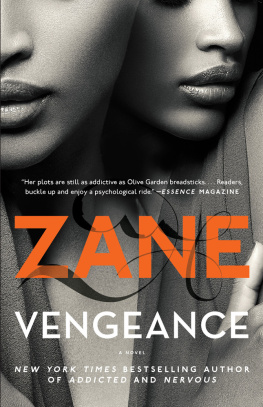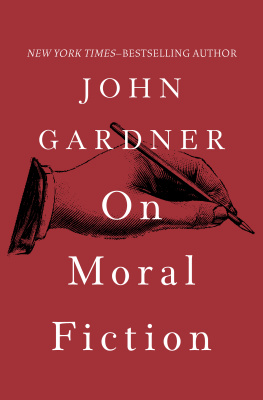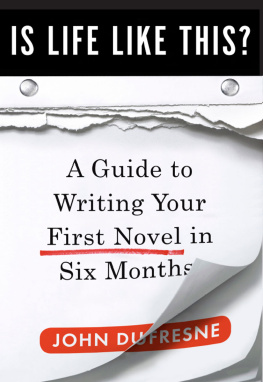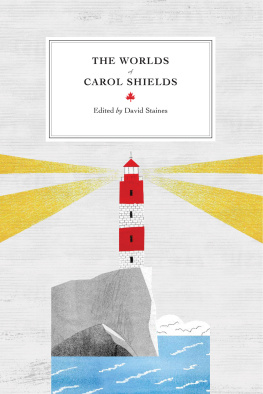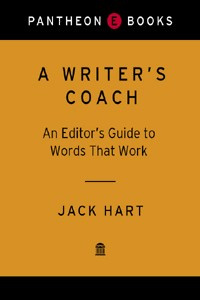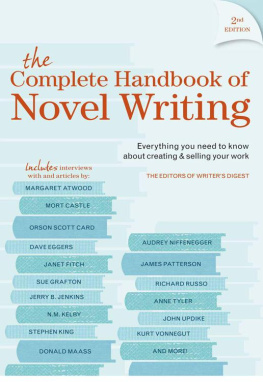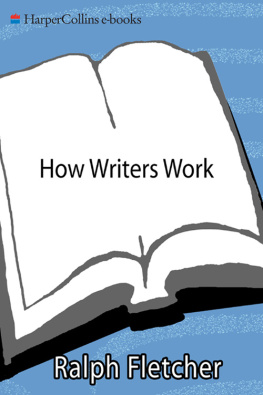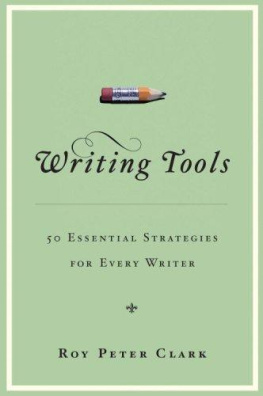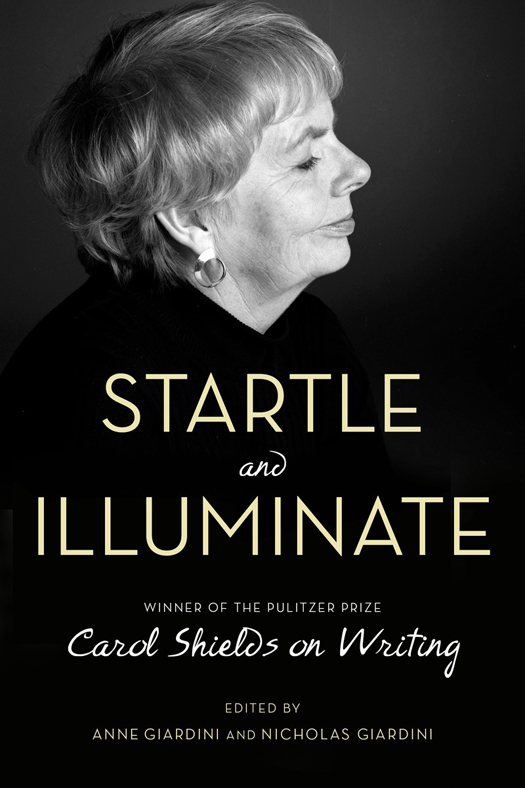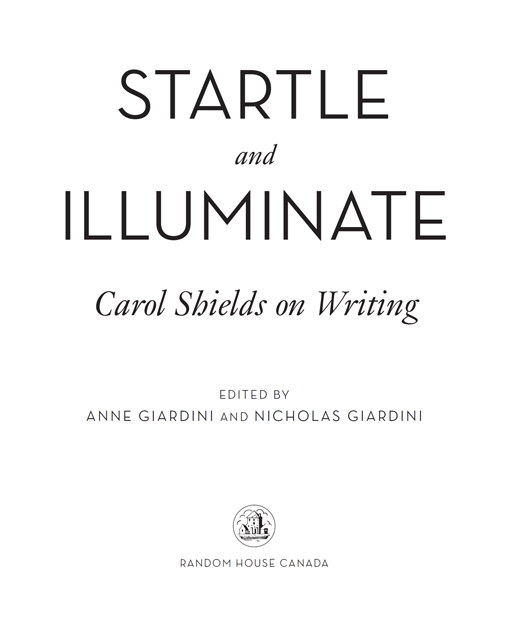PUBLISHED BY RANDOM HOUSE CANADA
Copyright 2016 Carol Shields Literary Trust
Introduction Copyright 2016 Anne Giardini and Nicholas Giardini
Foreword Copyright 2016 Jane Urquhart
All rights reserved under International and Pan-American Copyright Conventions. No part of this book may be reproduced in any form or by any electronic or mechanical means, including information storage and retrieval systems, without permission in writing from the publisher, except by a reviewer, who may quote brief passages in a review. Published in 2016 by Random House Canada, a division of Penguin Random House Canada Limited. Distributed in Canada by Penguin Random House Canada Limited, Toronto.
www.penguinrandomhouse.ca
Random House Canada and colophon are registered trademarks.
Library and Archives Canada Cataloguing in Publication
Shields, Carol, 19352003, author
Startle and illuminate : Carol Shields on writing / Carol Shields, Anne Giardini, Nicholas Giardini.
ISBN 978-0-345-81594-1
eBook ISBN 978-0-345-81596-5
1. Authorship. 2. Reading. 3. Shields, Carol, 19352003Technique. I. Giardini, Anne, author II. Giardini, Nicholas, 1991, author III. Title.
PN151.S53 2016 808.02 C2015-906419-8
Cover photograph Neil Graham
v3.1
For Donhusband, father and grandfather
CONTENTS
Ive always believed fiction to be about redemption, about trying to see why people are the way they are.
CAROL SHIELDS
FOREWORD
BY JANE URQUHART
I CANNOT RECALL WITH ANY ACCURACY WHEN I FIRST MET Carol Shields. Was it at a book-tour reading in Winnipeg in the early 1990s, or that time at a Toronto Festival when she introduced me to her sister? Or was it at a prize dinner, or something similar? She was that essential, positive person who, had she not existed, I might have had to invent. I still cant believe that she hadnt been there forever, and wouldnt be there forever. I already knew and loved her workSwann, Various Miraclesbefore we met; that much I am sure of. And there is no question that familiarity with the work always makes one feel a kinship when one is lucky enough to come to know the author. But in Carols case there was more, much more. It was in her voice, not just in her writing voice, which was undeniably extraordinary, but in the sound of her voice. Her speech was bell-like, musical, and what she said would sing in the mind long after she had said it. She still speaks to me, an encouraging whisper in my ear. I quote her shamelessly, and as often as I can. There isnt a distant acquaintance who hasnt heard me utter a sentence that begins with the words, Well, Carol always said that
This book is a treasure, in that it captures the sound of that voice, that other, non-fiction voice, the voice of the spoken word. It is the voice that Carol used in conversation with her fellow authors and with her friends, the voice with which she pondered aloud what it is to be a writer. How we are drawn to use narrative, to examine and transform life, to revel in the construction of a sentence. Or what trails we might blaze in order to shorten the distance between what is privately felt and universally known. It is the voice she used to tell us that being on the edge actually gave us an edge, and that absolutely nothing should silence or stop us, that there were no viable rules about who should or shouldnt be heard, and that there was never a story too small or ordinary, or a point of view too marginal, to be examined. There is no such thing as a boring life, she once said. Even people bored by life were interesting to her. Read the obituaries of so-called ordinary people, she instructs in these pages; pay attention. I wanted Mrs. Turner, she writes to a student, with all her particles of difference, to shine.
Carol was a gifted eavesdropper and voyeur. Her ear and her gaze were both empathetic and penetrating. She was drawn to the stories of strangers and, while not unsympathetic concerning these stories, she was never sentimental. She was as fascinated by the dark as she was by the light. In these pages she explores the sun and the shadows of the writing life, and she invites us to join her in that exploration.
A benign, though insistent, inquirer, Carol was relentlessly curious. About everything. Why have you never written about your first husbands death? she once asked me. I had no answer to this question. Well, she said, I think you should write about it now. The gift of Carols advice, on any subject, was delivered with such positive energy that it was impossible not to take it and be grateful. I am not certain that advice is the right word, in fact, for it was dispatched so gracefully that it was more along the lines of wise observation followed by generous encouragement. Thanks to this book, these wise observations and that generous encouragement will be more widely disseminated.
Carol wanted to know what made writers tick. She wanted to reflect upon what drew her to her own work and, at the same time, speculate about what it might be that would help another along the path to his or hers. Writing, in all its guises, or even the possibility of writing, fully delighted her. All through her career, her life, she amazed us with her eagerness and passion. The title of this book is perfect. Carol always startled us, in the best of ways, and then she illuminated. And she still does.
GENEROSITY, TIME AND FINAL ADVICE
BY ANNE GIARDINI
AS THE AUTHOR OF TWO NOVELS, WITH ANOTHER ON THE WAY , I am asked from time to time for advice on writing, finding time to write, starting, plotting, forming characters, finishing, publishing, and other aspects of getting ones words into print. A year or two ago, it struck me that some of the best advice I had received was from my mother, Carol Shields, and that this advice might be useful to others. My son Nicholas was living in Ottawa at the time and I asked if he would dig into his grandmothers papers in the literary archives at Library and Archives Canada to see what he could find on the subject of writing. He found a lot. There were more ideas about the process of writing than I had heard from my mother directly, and all of this was new to him. We jointly decided to create this book. In the course of working with Nicholas, and later our editors, Anne Collins and Amanda Lewis, I began to see that this book could never possibly be complete. I regularly run into people who delight in telling meas I delight in hearingideas and advice they received from my mother about how to be a better writer (as well as how to be a better person, but that would be another book, and no doubt also illuminating).
Throughout her writing life, Carol shared generously from her store of wisdom on writing; some learned from others, much of it her own discovery.
We werent, however, generally an advice-giving family, at least among ourselvesalthough, perhaps because it was so rare, we didnt mind receiving counsel from each other. The rare time we were tempted or solicited to dispense any opinion that might be construed as advice, we tended to water it down to the point of homeopathy and then administer it aslant, in a what-do-I-know-take-it-or-leave-it manner. We were not very much invested in our advice being followed; in fact, I think we were relieved when it was not, since we were then absolved of any responsibility for the consequences. But my four siblings and I did read and comment on what our mother was writing because she invited us to do so. She wasnt secretive. She encouraged us to delve into her manuscripts and mark or suggest at will. Why she did this is clear to me now: she loved writing and thought we would too. I sometimes joke that writing is the family business in the same way that the butchers children might take up exsanguination, skinning, eviscerating, splitting, boning, cutting and trimming. When she asked us to witness the creation of her work, my mother was also welcoming us to consider taking it up ourselves. By opening the process to our view, she reduced the mystique of writing without in any way minimizing the wonder of making narrative from words, imagination, paper and print. Inoculated in this way, I felt fairly confident as a writer from earliest childhood, and later became a columnist and then a novelist, although my mother died before my first novel was written. My sister Sara has become an accomplished poet, essayist and writer of childrens books and has even, in some years, accomplished the feat of living from the proceeds of her pen.


